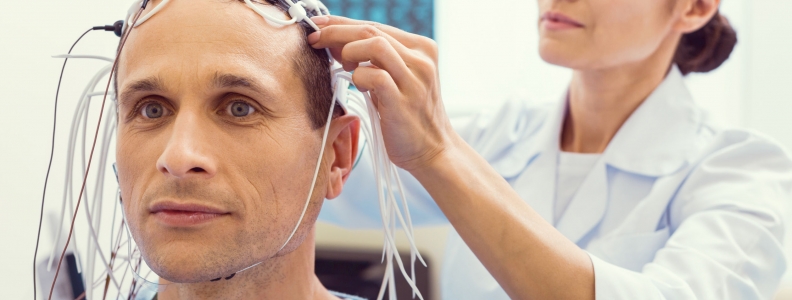Nature Knows and Psionic Success
God provides
Are Neuroelectrical Therapies Beneficial?

Node Smith, ND Brain stimulation with electrical current is becoming increasingly popular for treating a wide range of pathologies – depression, anxiety, developmental disorders and even Alzheimer’s disease . But a recent research study has put the effectiveness of these treatments into questions – specifically transcranial Direct Current Stimulation (tDCS). Scientist Raises Doubt on Benefit of Neuroelectrical Therapies From Kingston University, Dr. Giulia Galli, was part of a research team that investigated tDCS, which is a technique that involves administering a very weak (2 milliamp) electrical current to specific parts of the brain. Electrodes are attached to the head to deliver the current. “During the past 15 years, increasing numbers of people have started to use tDCS with a great deal of enthusiasm, claiming it can improve a range of neurological functions – including enhancing memory in Alzheimer’s patients and improving dyscalculia in children with developmental disorders,” Dr Galli said. “The technique is relatively cheap and easy to use compared to other brain stimulation techniques – specially-designed caps are even available for people to try it at home – and in almost every field of mental processes research contends that it works. Yet there are now real question marks over the evidence for those claims.” Researchers from Spain and Russia analyzed the studies Researchers from Spain and Russia also took part in the studies, which analyzed findings from all of the existing studies in order to determine the effectiveness of the technique on long term memory. Over the past five years there has been feedback on the relatively low number of participants involved in studies of tDCS, as well as design flaws of studies and publication bias. Positive results have seemed to be published more frequently. “The claim for many years has been that this technique is a like […]
Click here to view full article
